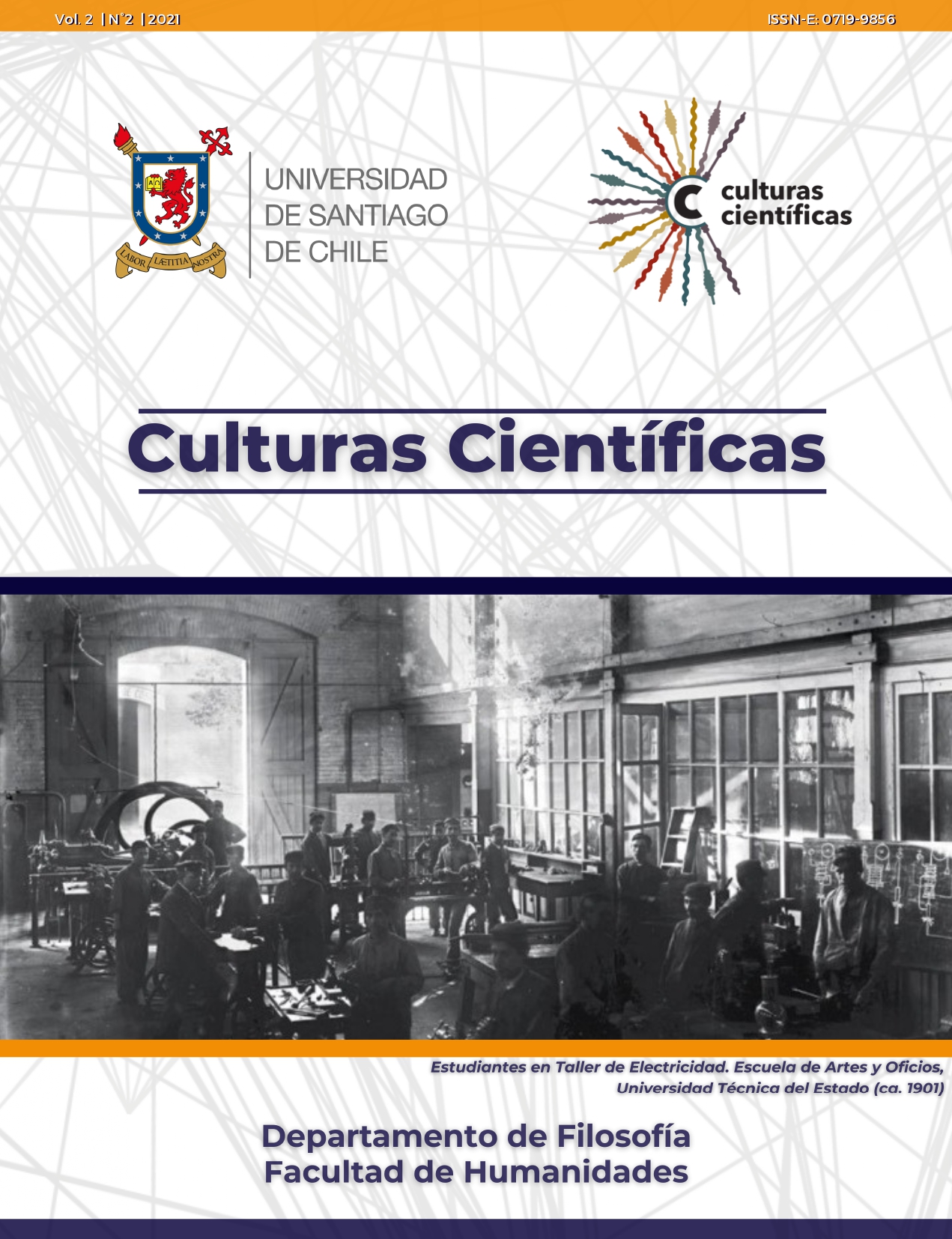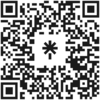La pregunta por la economía de mercado
crisis perturbadora y producción provocante
DOI:
https://doi.org/10.35588/cc.v2i2.5219Palabras clave:
Economía de mercado, Martin Heidegger, Karl Polanyi, Filosofía de la EconomíaResumen
El presente artículo tiene por objetivo plantear la pregunta por la técnica económica en el sentido heideggeriano del preguntar. Con “sentido heideggeriano” nos referimos al modo en el que Heidegger plantea la pregunta por la técnica a partir de la perturbación que provoca la técnica moderna. En otras palabras, nos preguntamos por “la” técnica económica inspirados por las consecuencias – pasadas, actuales y potenciales – de la técnica económica moderna: la economía de mercado. El trabajo procederá de la siguiente manera. En primer lugar, planteamos la pregunta por la técnica económica explicando los motivos que nos llevan a ella y la inspiración heideggeriana de esta pregunta. En particular, apuntamos al fenómeno de la crisis económica en su sentido contemporáneo. En segundo lugar, buscaremos mostrar que, tal como hizo Heidegger con la técnica, no es posible hablar de “la” economía, sino que será necesario distinguir entre una economía antigua y una economía moderna. En tercer lugar, recurriremos al estudio histórico-antropológico de Karl Polanyi para describir la distinción entre ambos modos de concebir lo económico. En cuarto lugar, a partir de la descripción anterior mostraremos que la economía de mercado no es un mero instrumento para la producción de condiciones materiales, pues está caracterizada por una esencia provocante. Finalmente, concluiremos en torno a las consecuencias y posibilidades de esta descripción filosófica de la economía de mercado.
Descargas
Referencias
Abitbol, P. y Botero, F. (2005). Teoría de elección racional: estructura conceptual y evolución reciente. Colombia Internacional. 62: 132-145. doi: https://doi.org/g9w2
Acevedo, J. (2019). “Introducción a ‘La pregunta por la técnica’” en Heidegger, M., Filosofía, Ciencia y Técnica. Santiago: Editorial Universitaria
Cortés, G. (2011). “Diccionario médico-biológico, histórico y etimológico”, Universidad de Salamanca. URL: https://dicciomed.usal.es/
Foucault, M. (2008). Nacimiento de la biopolítica. Buenos Aires: Fondo de Cultura Económica.
Garcés, J. (2012). “En equilibrio no hay crisis: crítica a los supuestos neoclásicos”. Revista Finanzas y Política Económica 4(1): 83-111. doi: https://doi.org/g9w3
Heidegger, M. (1994). “Serenidad” (Antonio Zubiaurre Trad.). Revista Colombiana de Psicología 3: 22-28. URL: https://revistas.unal.edu.co/index.php/psicologia/article/view/15808/16639
Heidegger, M. (1980), “Martin Heidegger en diálogo”, en García de la Huerta I., M., La Técnica y el Estado Moderno. Santiago: Departamento de Estudios Humanísticos de la Universidad de Chile.
Heidegger, M. (2019). Filosofía, Ciencia y Técnica. Traducción y prólogos de Francisco Soler y Jorge Acevedo. Santiago: Editorial Universitaria.
Koselleck, R. (2016). “Algunas preguntas sobre la historia del concepto ‘crisis’” (Mariano F. Martín Trad.). Philosophia 76: 101-115. URL: https://revistas.uncu.edu.ar/ojs/index.php/philosophia/article/view/1872
Laval, C. & Dardot, P. (2013). La nueva razón del mundo. Ensayo sobre la sociedad neoliberal. Barcelona: Editorial Gedisa
Muñoz, A. (2020a). “Neoliberalismo y serialización: una contribución crítica al enfoque de la gubernamentalidad desde la dialéctica sartreana” en Revista Castalia 34: 91-108. doi: https://doi.org/g9w5
Muñoz, Á. (2020b). “Pandemia y crisis económica. Una relación de develación”. Mutatis Mutandis: Revista Internacional de Filosofía 14(Julio): 45-57. URL: https://revistamutatismutandis.com/index.php/mutatismutandis/article/view/225
Nadal, A. (2019). “Crítica de la teoría económica neoclásica”. El trimestre económico, 86(343): 509-543. doi: https://doi.org/10.20430/ete.v86i343.925
Polanyi, K. (2009). El sustento del hombre ( Ester Gómez Trad.). Madrid: Capitán Swing.
Polanyi, K. (2017). La gran transformación. Los orígenes políticos y económicos de nuestro tiempo (Graciela Chailoux Trad.). México: Fondo de Cultura Económica.
Polanyi, K. (2018). Nuestra obsoleta mentalidad de mercado (Gabriela Ventureira y Ana C. Gómez Trads.). Barcelona: Virus Editorial.
Polanyi-Levitt, K. (2018). “Los conceptos más importantes en el trabajo de Karl Polanyi y su relevancia contemporánea” en Polanyi, K. La gran transformación. Los orígenes políticos y económicos de nuestro tiempo. México: Fondo de Cultura Económica.
Schumpeter, J. A. (1997). Teoría del desenvolvimiento económico: Una investigación sobre ganancias, capital, crédito, interés y ciclo económico (J. Prados Trad.). Arrarte. Mexico: Fondo de Cultura Económica.
Vargas, G. (2006). Introducción a la teoría económica. Un enfoque latinoamericano. México: Pearson Educación
Descargas
Enviado
2021-10-21Publicado
Número
Sección
Licencia
Derechos de autor 2021 Álvaro Muñoz Ferrer

Esta obra está bajo una licencia internacional Creative Commons Atribución 4.0.











